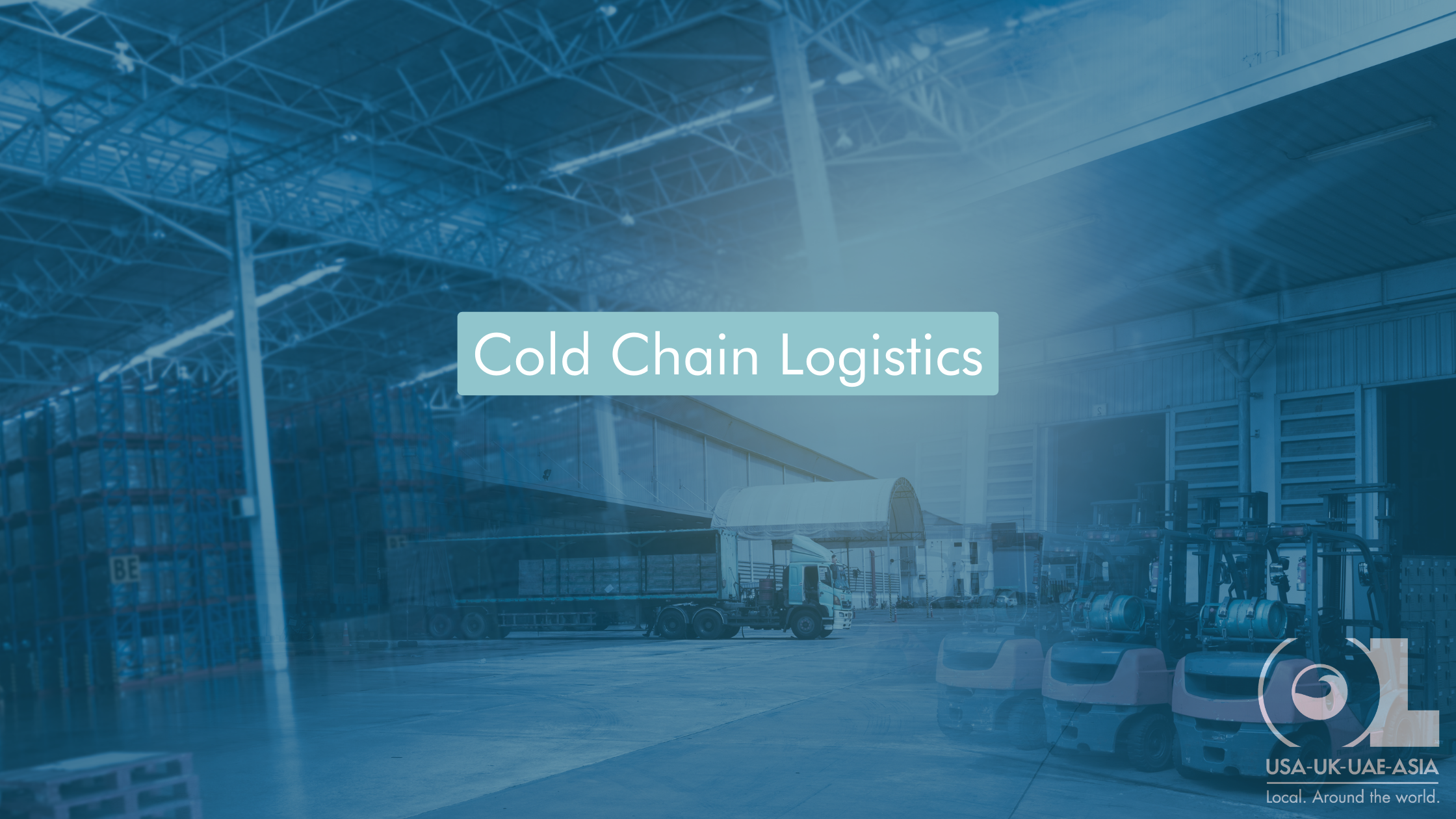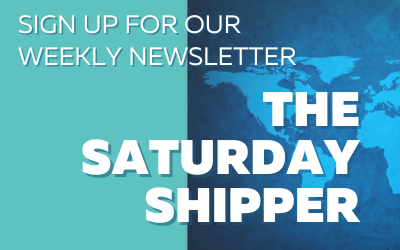In the diverse landscape of industries, one unifying factor reigns supreme: the unwavering commitment to product quality. Whether we’re talking about life-saving pharmaceuticals, gourmet food, or cutting-edge biotech, the common thread that binds them is the relentless pursuit of excellence in every aspect. Product quality isn’t just a buzzword; it’s the lifeblood of businesses, a testament to their dedication, and a promise to their customers.
In this unceasing quest for quality, there arises a challenge that transcends industry boundaries – the preservation of product integrity. This challenge is particularly acute when it comes to temperature-sensitive products, where even the slightest variation in climate can spell the difference between success and failure.
The Critical Need for Cold Chain Logistics
Enter cold chain logistics, the unsung hero in the grand theater of quality preservation. The term may sound technical, but its importance is universal. At its core, cold chain logistics encompasses the transportation and storage of temperature-sensitive products within a controlled environment. These products, including vaccines, fresh produce, and high-end cosmetics, are inherently delicate. Their quality hinges on maintaining precise temperature conditions, and any deviation can lead to a domino effect of quality degradation.
Cold Chain Logistics: An Art and a Science
Cold chain logistics is not just a logistics practice; it’s a meticulously orchestrated symphony of temperature control and monitoring. It involves the use of cutting-edge technologies, from refrigerated trucks and containers to real-time tracking systems, to ensure that the temperature remains stable from the moment a product leaves its origin until it reaches its destination.
I. The Vulnerability of Temperature-Sensitive Products
The vulnerability of temperature-sensitive products is a reality that businesses cannot afford to ignore. These products, with their unique requirements, demand a level of care and precision that goes beyond traditional logistics. The consequences of mishandling can be profound – vaccines may lose their potency, fresh produce can spoil, and pharmaceuticals may become ineffective. This not only impacts the quality and efficacy of the product but can also lead to substantial financial losses and harm to a company’s reputation.
This is where 3PL providers, with their expertise in cold chain logistics, step into the spotlight. Their role is not just about moving goods from one place to another; it’s about preserving the quality, safety, and efficacy of products that matter, making them the unsung guardians of quality in the world of logistics.
Stay with us as we continue to unravel the intricate web of cold chain logistics. We’ll explore the advanced technologies, specialized storage solutions, and stringent monitoring practices that 3PL companies employ to ensure the integrity of your temperature-sensitive products. The journey may be technical, but the destination is crystal clear: the unwavering preservation of quality, every step of the way.
II. Advanced Temperature Control Systems: Mastering Precision
The heart of cold chain logistics lies in its advanced temperature control systems. These technologies are not just modern marvels; they are the bedrock of quality preservation. Let’s delve into the innovations that make it all possible.
Cutting-Edge Temperature Control Technologies
In the realm of cold chain logistics, “cold” doesn’t simply mean “not warm.” It means maintaining an exact temperature range, and this is where technology takes center stage. 3PL providers employ cutting-edge solutions, such as sophisticated refrigeration systems, insulated containers, and temperature-monitoring devices.
These systems ensure that temperature-sensitive cargo, whether it’s a life-saving vaccine or gourmet chocolates, remains at the precise temperature required throughout its journey. It’s a dance of precision, where even the slightest fluctuation can disrupt the delicate balance of quality.
III. Specialized Storage Solutions: Tailored for Excellence
While precise temperature control during transportation is crucial, it’s equally vital to provide specialized storage solutions at both ends of the journey. This is where 3PL providers showcase their adaptability and expertise.
The Importance of Specialized Storage
Imagine storing an expensive bottle of fine wine in a room where the temperature fluctuates wildly. The result? Undrinkable disappointment. Temperature-sensitive products require an environment tailored to their specific needs. Pharmaceutical products, for instance, demand a controlled environment with strict temperature limits, while fresh produce needs humidity control to prevent spoilage.
Tailored Storage for Diverse Products
3PL companies understand this diversity and excel in providing tailored storage solutions. They have warehouses equipped with specialized zones, each catering to the unique requirements of different products. This means that pharmaceuticals are stored in precisely controlled conditions, while gourmet foods enjoy a climate that keeps them fresh and appealing.
IV. Monitoring and Traceability: The Watchful Eye
Ensuring that products are kept at the right temperature is one aspect, but it’s equally important to keep an unblinking eye on their journey. This is where real-time monitoring and traceability come into play.
Real Time Monitoring and Tracking Systems
3PL companies have harnessed the power of real-time monitoring and tracking systems. These systems provide a constant stream of data about the temperature and location of your cargo. If a deviation occurs, an immediate alert is triggered, allowing for swift corrective action.
Ensuring Traceability and Accountability
Product traceability is not just a buzzword; it’s a commitment to accountability. 3PL companies ensure that every action taken with your temperature-sensitive products is meticulously recorded, from loading and transportation to unloading and delivery. This unbroken chain of custody ensures that the product’s history is transparent and tamper-proof.
Compliance and Regulations: Navigating the Rules
Cold chain logistics is not just about precision and technology; it’s also about navigating a labyrinth of regulations. These regulations are in place to ensure that quality is preserved and that products meet industry standards.
Regulatory Requirements
Regulatory requirements for temperature-sensitive products are stringent and vary by industry and region. For example, pharmaceuticals are subject to Good Distribution Practice (GDP) guidelines, while food products must adhere to the Hazard Analysis and Critical Control Points (HACCP) framework.
3PLS and Compliance
3PL providers are well-versed in these regulations and ensure compliance at every step. This means that your products not only enjoy the benefits of advanced technology and tailored storage but also adhere to the laws and standards that govern their quality.
Cold chain logistics is a symphony of precision, adaptation, and accountability. As we continue this journey, we’ll explore real-world success stories and the future of quality preservation. Rest assured, in this world of temperature-sensitive products, every measure is taken to guarantee that quality remains uncompromised. It’s a commitment, a promise, and a standard that 3PL providers uphold every step of the way.



